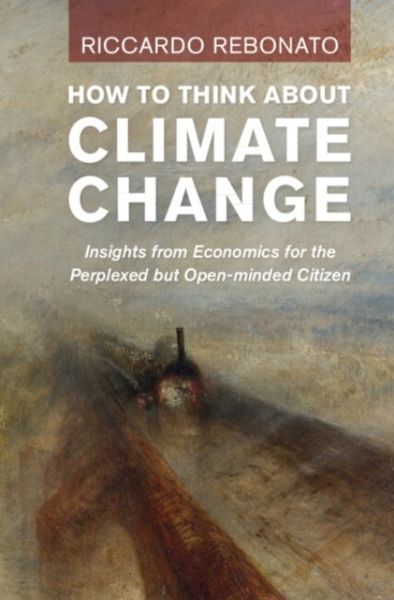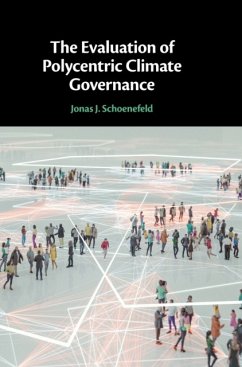
How To Think About Climate Change
Versandkostenfrei!
Versandfertig in über 4 Wochen
29,99 €
inkl. MwSt.
Weitere Ausgaben:

PAYBACK Punkte
15 °P sammeln!
Intelligent laypersons are bewildered when faced with the complexity of climate change. Economics can give them a powerful tool to think clearly about the problem and to make up their own mind. The new-generation economics models are painting a radically different and exciting picture of the best course of climate action.













